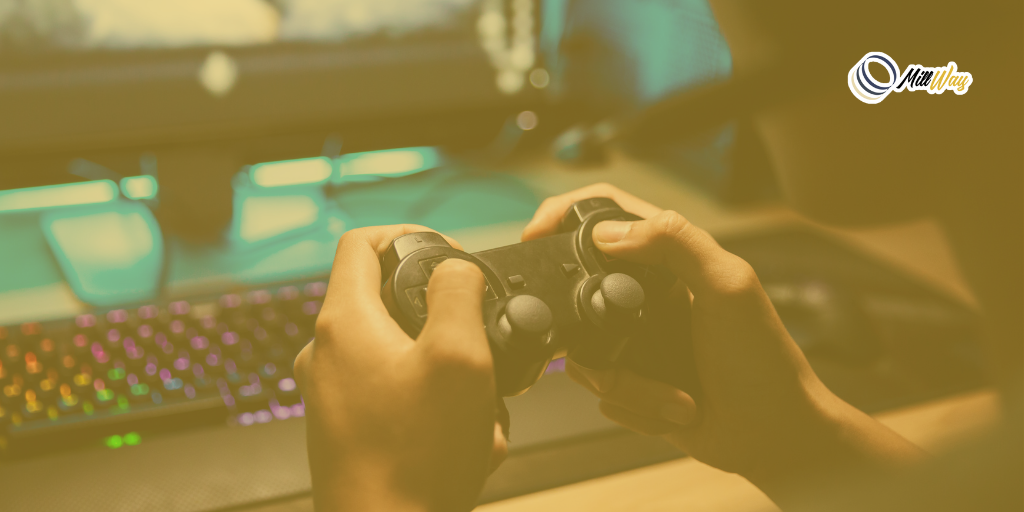
In the midst of life's pressures, work demands, and endless overthinking, gaming has become a quick escape for many people.
"Play a bit to avoid stress."
Does this sound familiar? You're not alone. Playing games can indeed have positive effects, but like everything good — if overdone, it can backfire.
Some studies show that playing games in moderation can help:
Games can be a healthy alternative to shift your mind from anxiety or pressure momentarily. Especially for those who struggle to open up directly, the virtual world offers a safe space for a while.
There’s a fine line between “playing for healing” and “playing to constantly escape.” When games are used as an escape from all uncomfortable emotions — without balancing with other coping mechanisms — gaming can turn into an unseen addiction.
Some signs you need to watch out for:
This condition can trigger a tiring cycle: stress ➝ play ➝ guilt ➝ more stress ➝ play again. It's not healing; it becomes a loop that leads to burnout.
It doesn't mean you have to stop playing entirely. The key is mindful gaming — playing with awareness, not automatically.
Here are some tips for maintaining a healthy relationship with gaming:
Games can be a tool to help maintain sanity in this busy world. But we still need more than that — real interactions, quality rest, and space to fully feel human.
